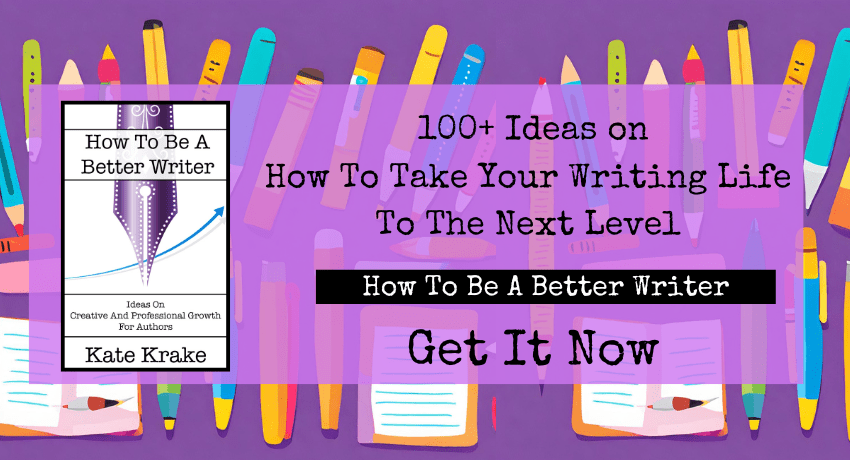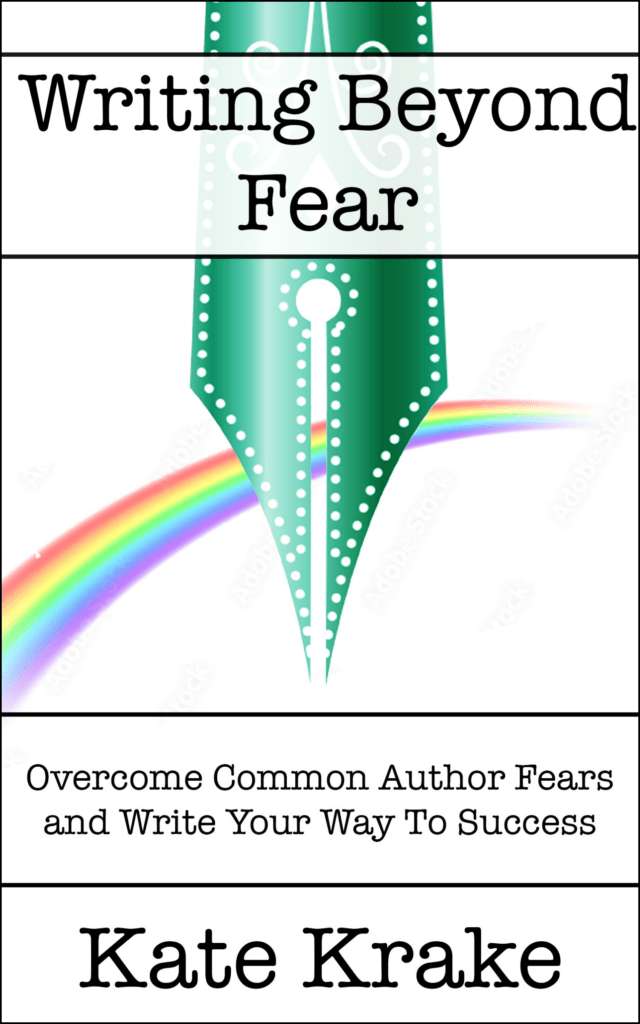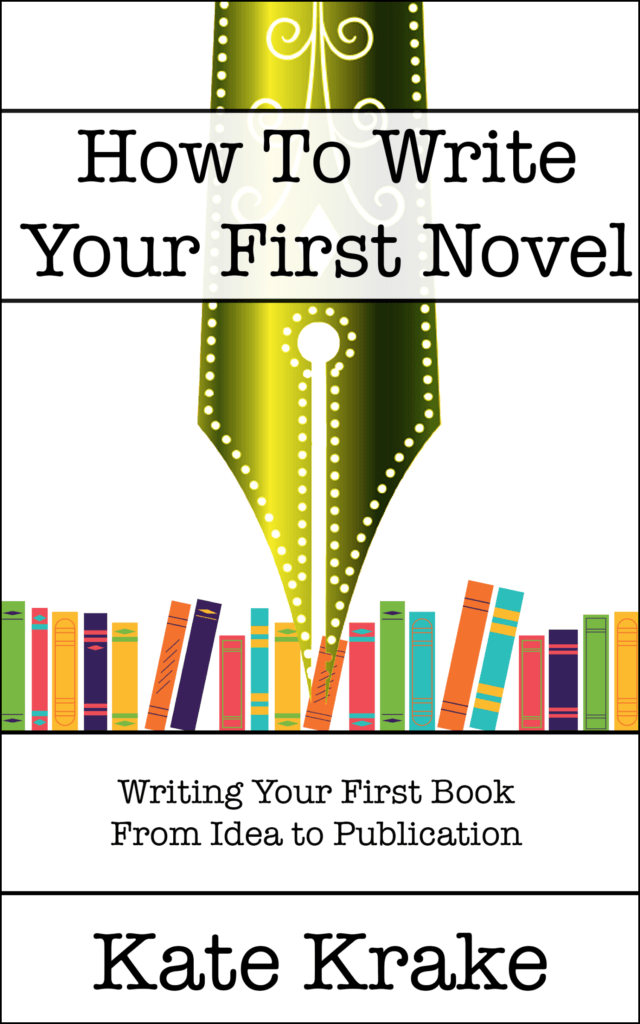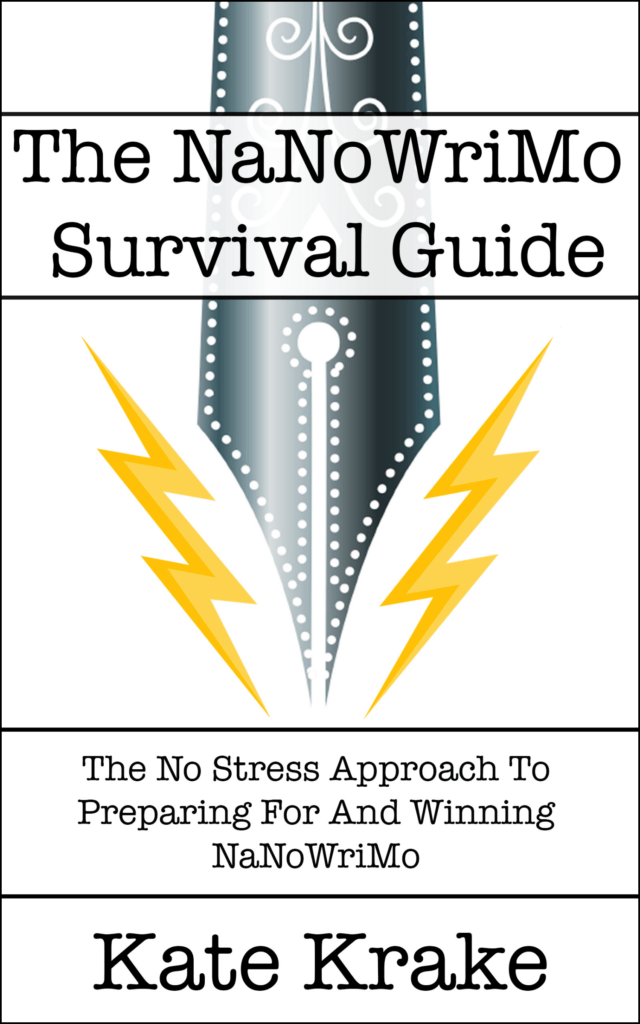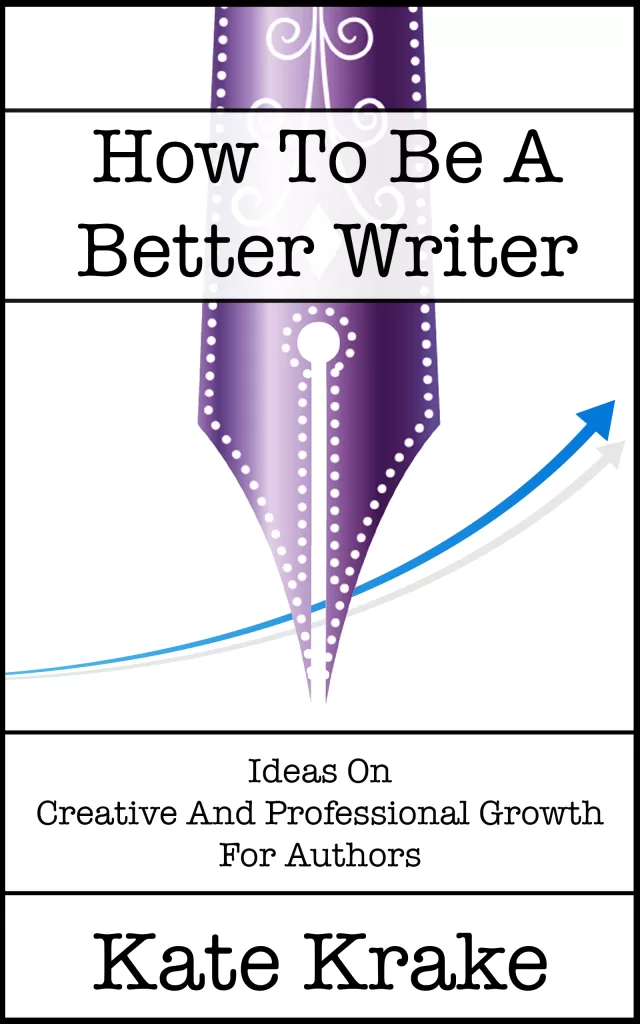Writing courses are a mainstay of an author’s education.
All writers need to learn. We all need to study our craft, learn what makes a “good” novel or story (subjectively, at least). We need to understand how the publishing world works, and we need to learn a few things about marketing a book if we plan to sell one.
Writing courses are a core way to acquire this learning, and in the last decade we’ve all seen the online world explode with courses on any topic you can think of and more writing courses that any writer could take in their lifetime.
Writing Courses Are Not Bad
I am not suggesting that writers do not need writing courses, or that we can’t benefit from them.
I am not suggesting that writers should stop making or taking writing courses.
As well as learning material, many courses come with a community building component, and connecting with fellow writers is an invaluable part of the writer’s life. I’m not down on courses.
I want to address the writers who take many courses, frequently, and spend more time taking writing courses than actually writing. I was one of these writers once upon a time.
Writing Courses Can Be “Procrastilearning”
Intentional education feels like a valid use of our time. And it is. We’re learning, we’re inspired, it feels good to be all fired up and ready to put these action points into practice… after we take this next course.
For more about the psychology of procrastination, start with this article.
Are you procrastilearning?
How many courses have you signed up for in the last year?
How many of them have you taken?
Compare that to how much actual writing you’ve done.
Is there a difference?
Before you press that Buy Button and sign up for another writing course, ask yourself…
Why are you taking a course?
Why this course?
Obviously, you want to learn.
What is it you want to learn?
We want to learn writing craft, book marketing, self publishing, or how to query agents.
Great! We all need to learn these things.
Have you already learned them?
Or at least, have you already learned them to the extent that a course is able to teach you?
A writing course, any writing course, can only teach you so much.
The real learning that all writers need comes from the actual doing.
Writing courses are most effective when they are taken alongside actual writing, actual publishing, and actual marketing.
A hundred writing courses on narrative structure can never teach you how YOU best write a novel.
Writers often get stuck in a loop of acquiring more and more knowledge, more and more information because we fear getting this writing and publishing thing wrong.
But, you will get it wrong. We all do.
That’s because there are as many ways to be a successful writer as there are people trying to be successful writers.
We only get it right when we actually do the work and see how all this advice actually plays out for us with our unique brains and our unique creative spirits.
Getting it wrong is a part of that process.
Writing courses are a great starting place, and all new and emerging writers will benefit from taking courses to get a feel for where they might like to explore their wordy creativity.
But after that phase, once you’ve already done the theoretical learning, a course, any course, is just a false promise. It’s not a promise that the course itself is making. It’s something that we hope we’re going to find in the course. We hope that maybe it’s this course that will finally crack the code of whatever we want to do and make it easy.
We hope that just one more course will give us the confidence to trust our creativity, to trust our writing skills, to trust ourselves.
No writing course can truly teach these things. Only writing it will do that.
Take the leap.
Stop buying writing courses. At least for now.
Unless it’s an entirely new topic, from an entirely unique perspective, and you can’t find this information elsewhere, another course is probably not what you need. Maybe also unless it’s from a writer you know and admire and you’re curious about their process, not so much wanting them to specifically teach you something.
If you need a top up of theoretical information or advice, look to free sources first, or better still, revisit the theory you’ve already learned and see what you’ve forgotten.
Write first. Can you teach yourself what you want to learn?
Trust the information you’ve already acquired, and trust yourself to put it into action and see where it takes you. That’s where the truest and most valuable writing lessons will be found.


